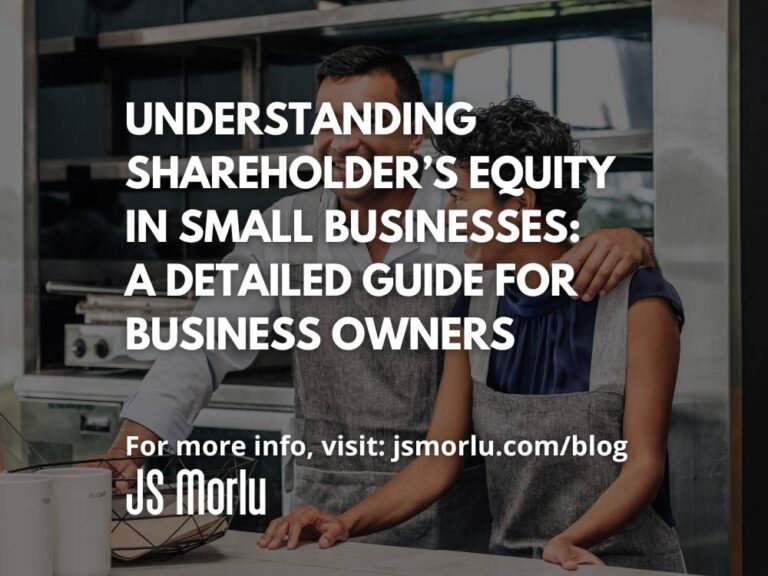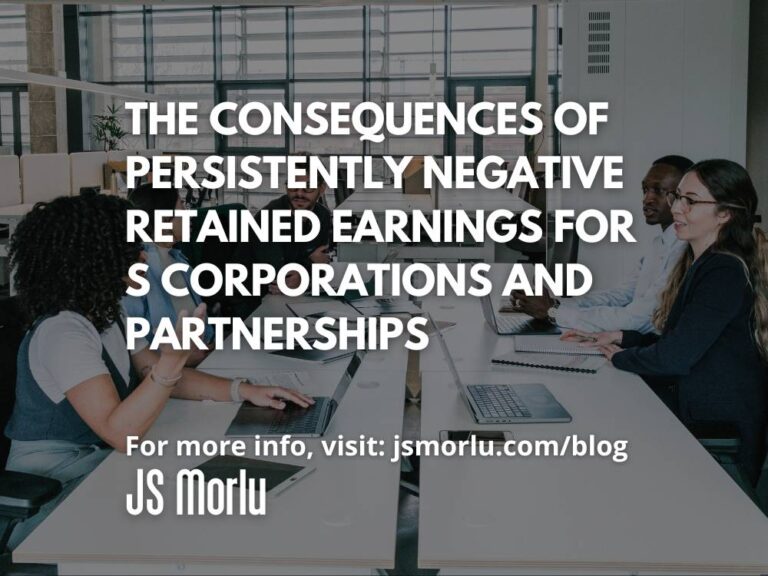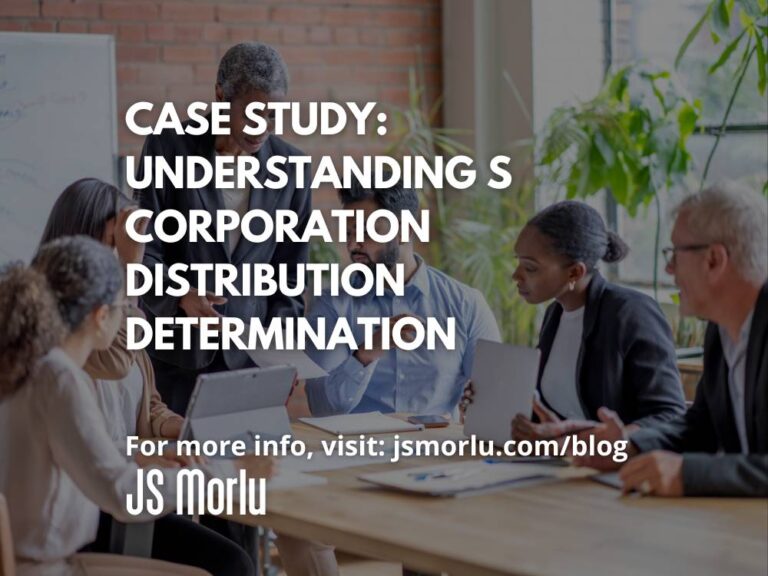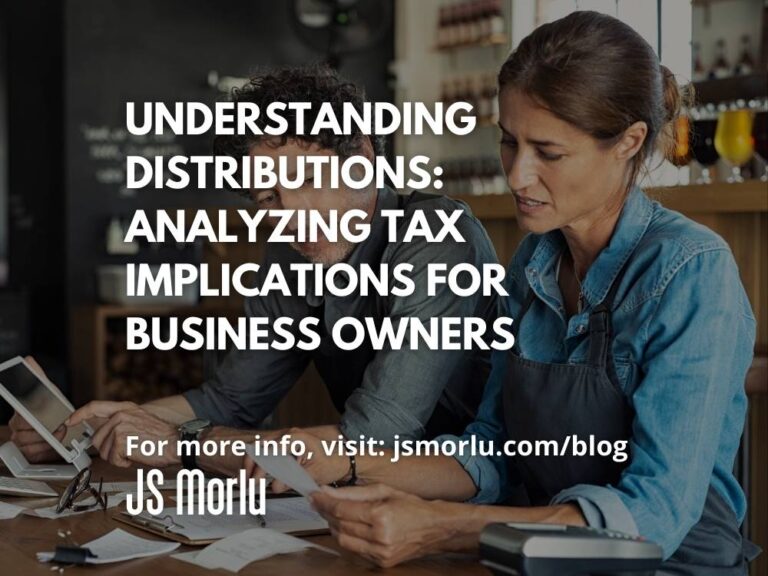
Taxability of Fringe Benefits for Partners, LLC Members, and More Than 2% S Corporation Shareholders
Fringe benefits for business owners are often taxable, unlike regular employees—accurate reporting is essential to minimize tax liability.

Fringe benefits for business owners are often taxable, unlike regular employees—accurate reporting is essential to minimize tax liability.

Explore the tax rules for fringe benefits offered to employees, partners, and S corporation shareholders, including deductions and exclusions.

Learn about shareholder’s equity in small businesses, its importance in financial decisions, and differences across C-Corps, S-Corps, and Partnerships.

Negative retained earnings reveal deeper financial struggles that threaten your business’s stability, growth potential, and ability to attract investors.

Smart tax strategies—like timed distributions, S corp basis boosts, and rental income tactics—help small business owners cut liabilities effectively.

S corporation distributions impact taxes based on earnings layers and stock basis. ABC’s case shows tax-free and taxable dividend allocations, emphasizing compliance.

S corporation distributions can be tax-free if within a business owner’s stock basis. Exceeding basis triggers taxable gains. Understanding tax rules prevents unnecessary liabilities.
If an extension was filed, this is the final deadline to submit Form 1120 for the 2024 tax year.
If an extension was filed, this is the final deadline to submit Form 1120-S for the 2024 tax year.